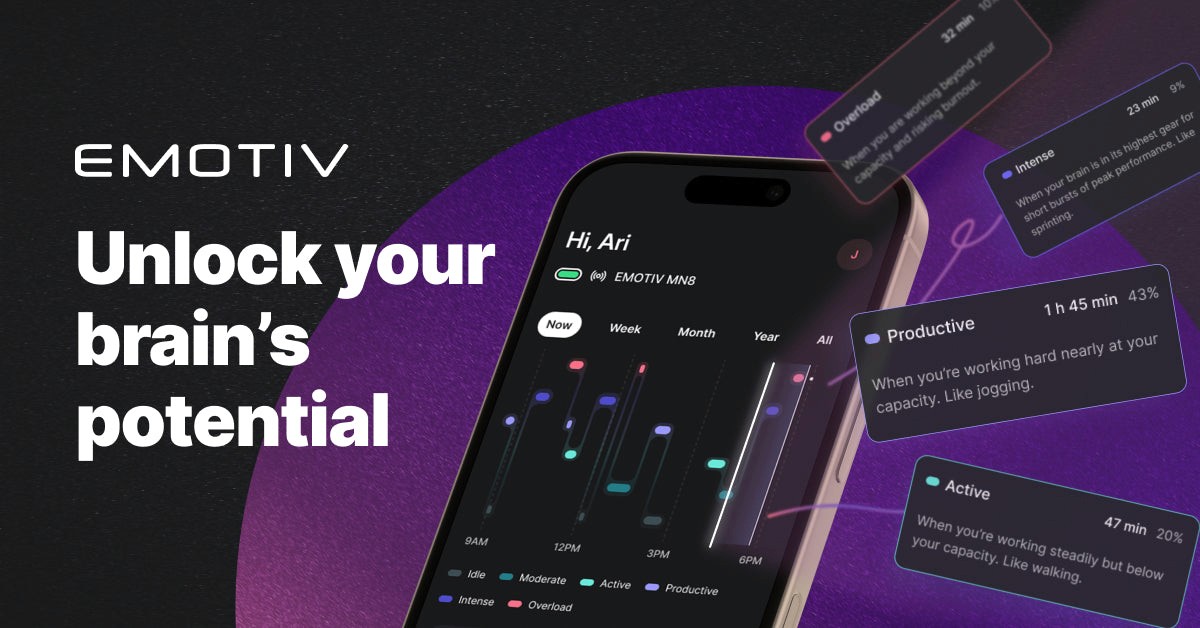Predicting student emotions resulting from appraisal of its feedback
Share:





Paul Salvador Invented. The Institute of Scientific and Industrial Research, Osaka University, Japan
Abstract
Many researchers have shown the effectiveness of affective ITS for supporting student learning. Support provided to students is usually presented through pedagogical agents capable of expressing emotions through facial expressions, gestures and synthesized speech. Dialogue content is important as it contains information that will help the student learn new information, further understand concepts or correct misconceptions. Although these interventions are based on existing theories, there are still cases when feedback may not fit students as they are very diverse and can be in very different contexts. One very important aspect to consider is how students appraise the feedback given by an ITS. By knowing the student’s appraisal of feedback, feedback that is effective and should be retained or replaced can be identified. This research investigates student emotions represented by frustration and excitement values resulting from appraisal of feedback as recognized by an EEG-based device. Frustration and excitement values resulting from feedback appraisal are correlated with feedback from the POOLEIII ITS to create predictive models of these relations. The use of these models will allow future ITS to identify the emotions that result from student appraisal of feedback before it is given, and allow it to perform adjustments on the feedback when necessary.
Paul Salvador Invented. The Institute of Scientific and Industrial Research, Osaka University, Japan
Abstract
Many researchers have shown the effectiveness of affective ITS for supporting student learning. Support provided to students is usually presented through pedagogical agents capable of expressing emotions through facial expressions, gestures and synthesized speech. Dialogue content is important as it contains information that will help the student learn new information, further understand concepts or correct misconceptions. Although these interventions are based on existing theories, there are still cases when feedback may not fit students as they are very diverse and can be in very different contexts. One very important aspect to consider is how students appraise the feedback given by an ITS. By knowing the student’s appraisal of feedback, feedback that is effective and should be retained or replaced can be identified. This research investigates student emotions represented by frustration and excitement values resulting from appraisal of feedback as recognized by an EEG-based device. Frustration and excitement values resulting from feedback appraisal are correlated with feedback from the POOLEIII ITS to create predictive models of these relations. The use of these models will allow future ITS to identify the emotions that result from student appraisal of feedback before it is given, and allow it to perform adjustments on the feedback when necessary.
Paul Salvador Invented. The Institute of Scientific and Industrial Research, Osaka University, Japan
Abstract
Many researchers have shown the effectiveness of affective ITS for supporting student learning. Support provided to students is usually presented through pedagogical agents capable of expressing emotions through facial expressions, gestures and synthesized speech. Dialogue content is important as it contains information that will help the student learn new information, further understand concepts or correct misconceptions. Although these interventions are based on existing theories, there are still cases when feedback may not fit students as they are very diverse and can be in very different contexts. One very important aspect to consider is how students appraise the feedback given by an ITS. By knowing the student’s appraisal of feedback, feedback that is effective and should be retained or replaced can be identified. This research investigates student emotions represented by frustration and excitement values resulting from appraisal of feedback as recognized by an EEG-based device. Frustration and excitement values resulting from feedback appraisal are correlated with feedback from the POOLEIII ITS to create predictive models of these relations. The use of these models will allow future ITS to identify the emotions that result from student appraisal of feedback before it is given, and allow it to perform adjustments on the feedback when necessary.
Solutions
Support
Company

© 2026 EMOTIV, All rights reserved.

Your Privacy Choices (Cookie Settings)
*Disclaimer – EMOTIV products are intended to be used for research applications and personal use only. Our products are not sold as Medical Devices as defined in EU directive 93/42/EEC. Our products are not designed or intended to be used for diagnosis or treatment of disease.
Note on Translations: Non-English versions of this website has been translated for your convenience using artificial intelligence. While we strive for accuracy, automated translations may contain errors or nuances that differ from the original text. For the most accurate information, please refer to the English version of this site.
Solutions
Support
Company

© 2026 EMOTIV, All rights reserved.

Your Privacy Choices (Cookie Settings)
*Disclaimer – EMOTIV products are intended to be used for research applications and personal use only. Our products are not sold as Medical Devices as defined in EU directive 93/42/EEC. Our products are not designed or intended to be used for diagnosis or treatment of disease.
Note on Translations: Non-English versions of this website has been translated for your convenience using artificial intelligence. While we strive for accuracy, automated translations may contain errors or nuances that differ from the original text. For the most accurate information, please refer to the English version of this site.
Solutions
Support
Company

© 2026 EMOTIV, All rights reserved.

Your Privacy Choices (Cookie Settings)
*Disclaimer – EMOTIV products are intended to be used for research applications and personal use only. Our products are not sold as Medical Devices as defined in EU directive 93/42/EEC. Our products are not designed or intended to be used for diagnosis or treatment of disease.
Note on Translations: Non-English versions of this website has been translated for your convenience using artificial intelligence. While we strive for accuracy, automated translations may contain errors or nuances that differ from the original text. For the most accurate information, please refer to the English version of this site.
